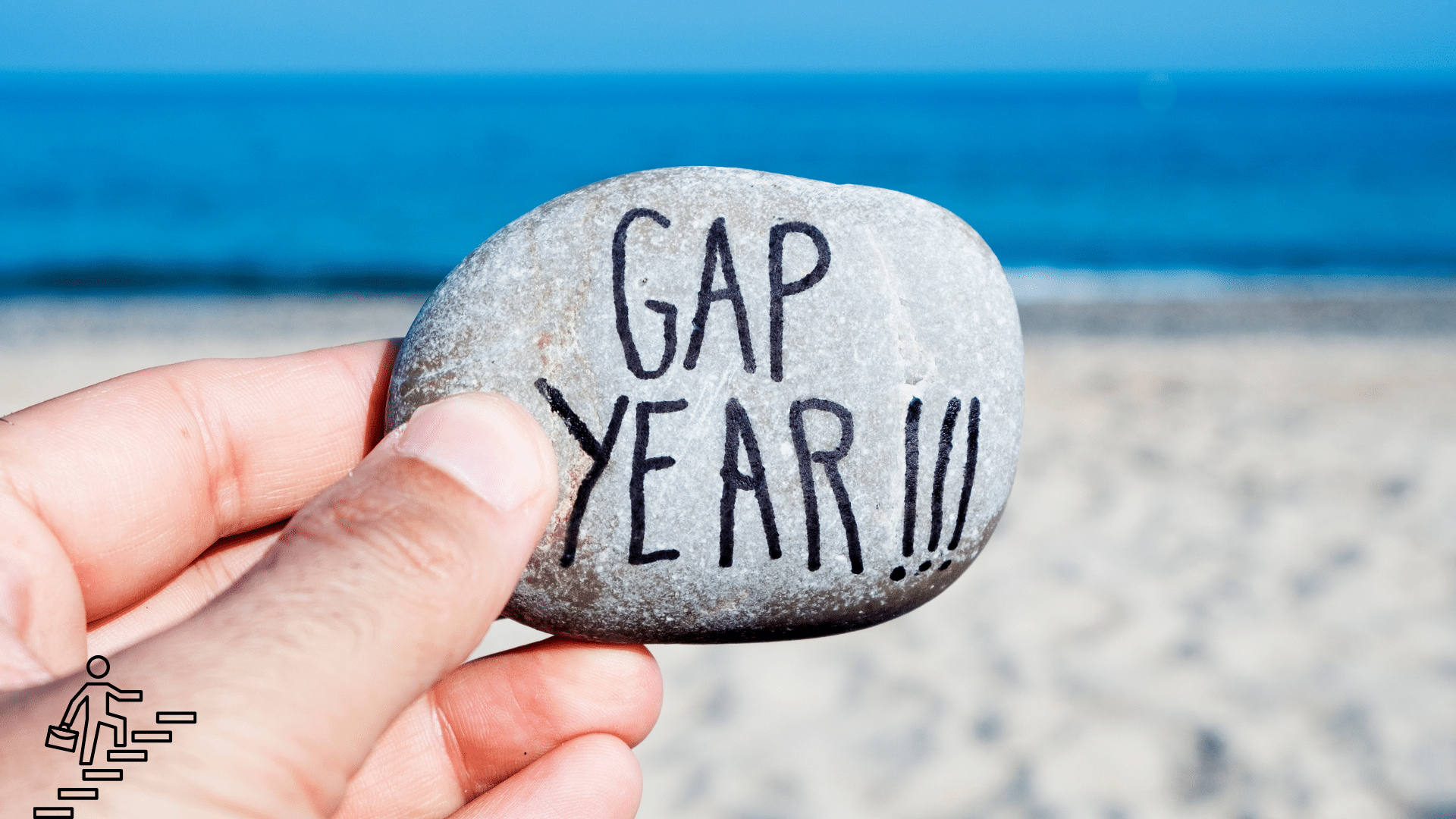Skills to Develop on a Gap Year
Taking a year out, whether for travel, work, volunteering, or personal projects, provides a unique environment to cultivate a wide range of skills that are highly valued in both academic and professional settings.
1. Personal Development Skills
A gap year often pushes you out of your comfort zone, leading to significant personal growth:
- Independence & Self-Reliance: From managing your own budget and travel plans to making decisions in unfamiliar situations, you’ll learn to rely on yourself.
- Confidence & Self-Awareness: Overcoming challenges and succeeding in new environments builds a strong sense of self-belief and a better understanding of your strengths and weaknesses.
- Adaptability & Flexibility: Navigating unforeseen circumstances, different cultures, and new routines teaches you to be flexible and adjust quickly to change.
- Resilience & Problem-Solving: When things don’t go to plan, you learn to think on your feet, find solutions, and bounce back from setbacks.
- Maturity & Focus: Taking time out can provide clarity on your goals and interests, leading to a more focused and motivated approach when you return to studies or work.
2. Employability Skills
Employers and universities increasingly value the practical, real-world skills gained during a gap year:
- Communication Skills: Interacting with diverse people, often in new cultural contexts, enhances active listening, clear expression (verbal and non-verbal), and cross-cultural communication.
- Teamwork & Collaboration: Many gap year activities, like group travel or volunteer projects, require working effectively with others towards a common goal.
- Cultural Awareness & Sensitivity: Immersing yourself in different cultures broadens your perspective and fosters respect and understanding for diverse backgrounds.
- Organisation & Time Management: Whether planning complex itineraries or balancing work and personal time, you’ll hone your ability to manage tasks, deadlines, and resources.
- Leadership: Taking initiative, guiding others in projects, or simply navigating group dynamics can help develop leadership qualities.
- Language Learning: Spending time in a country where a different language is spoken can lead to fluency or significant improvement, a highly sought-after skill.
3. Practical & Technical Skills
Depending on your chosen activities, you can also acquire specific practical or technical skills:
- Specific Job Skills: Gaining experience in a new industry through part-time work or an internship can provide hands-on skills relevant to that field.
- Teaching/Coaching: Opportunities to teach English abroad or coach sports can develop instructional and motivational skills.
- Conservation/Environmental Skills: Participating in conservation projects can teach you about ecological practices, data collection, and working outdoors.
- Digital Skills: Managing a blog, creating content, or using specific software for a project can enhance your digital literacy.
- Budgeting & Financial Management: Handling your own finances, especially while travelling or living independently, significantly improves your money management abilities.
A gap year is a powerful way to bridge the gap between education and employment, equipping you with unique experiences and a valuable skill set that truly makes you stand out.

